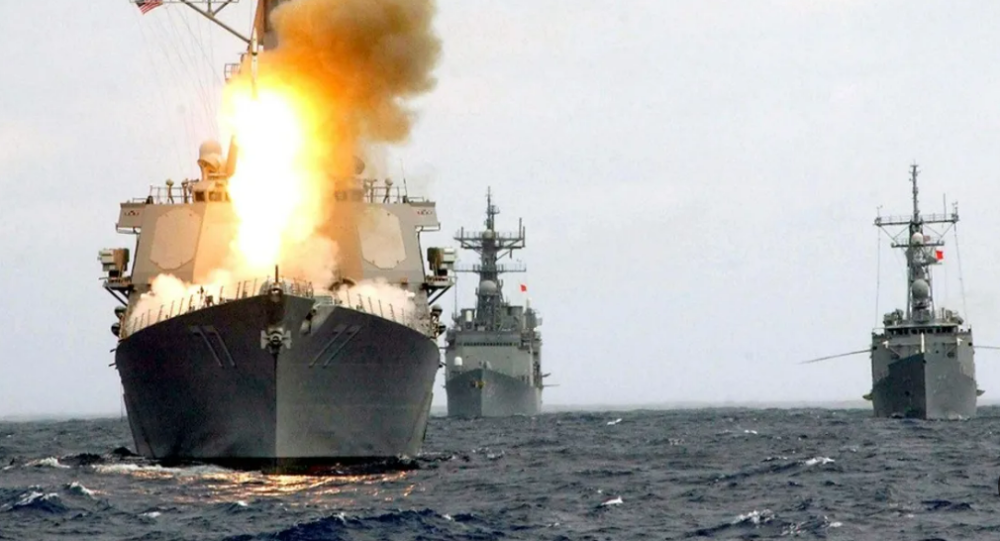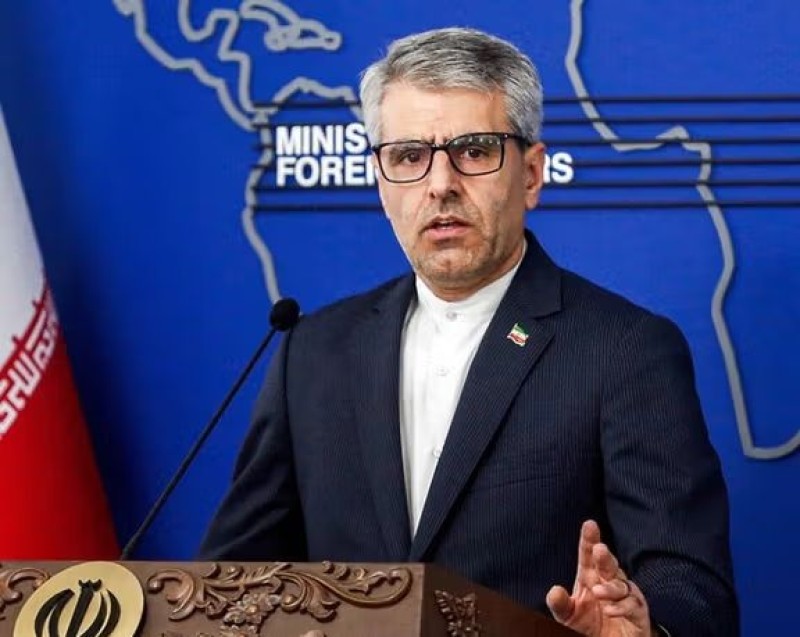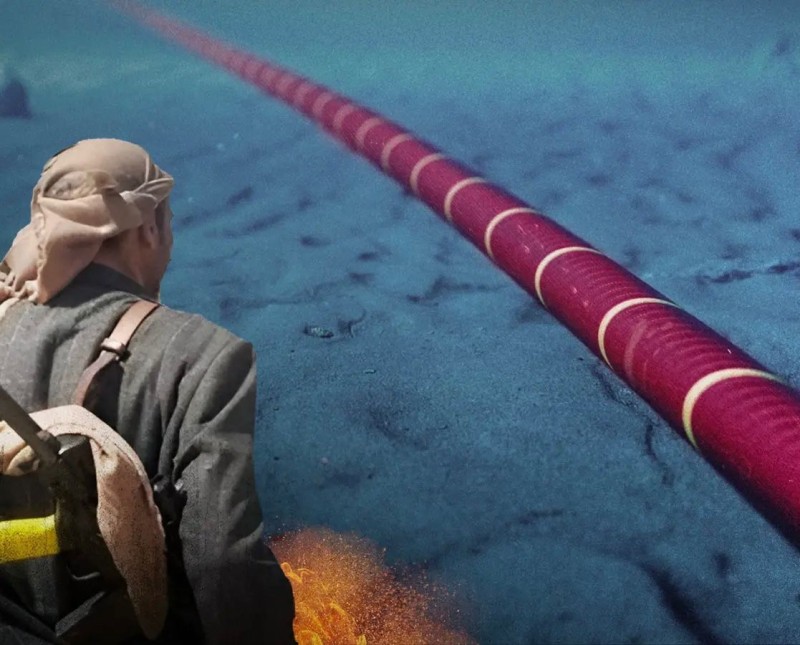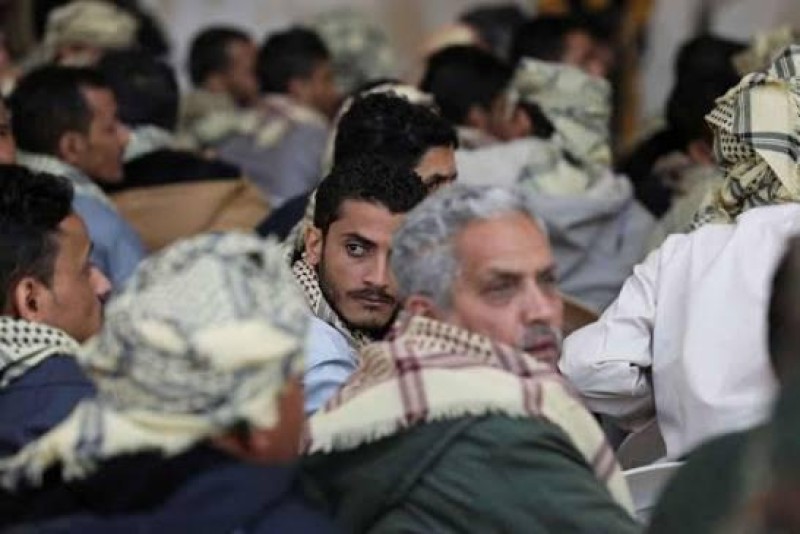Houthi attacks underscore failures of Biden Red Sea strategy


The latest Houthi strike in the Red Sea has for the first time killed civilians — three workers on a Barbados-flagged cargo ship — underscoring the ineffectiveness of the Biden military response after five long months of militant attacks there. It also shows how elusive the goal is for ending the nearly decade-long war in Yemen.
Just two weeks after assuming the presidency in January 2021, Joe Biden took three key steps in hopes of ending the war in Yemen. First, he removed the Houthis from the Foreign Terrorist Organization designation that was announced in the last days of Donald Trump’s tenure. Second, he appointed Tim Lenderking as Special Envoy to Yemen. Finally, he announced that Washington would stop supporting Saudi offensive operations in Yemen, and declared that the war in Yemen had to end. Ending the war in Yemen has remained a major policy objective of his administration.
By the time of these announcements, the Saudi regime, under Crown Prince Mohammed bin Salman, or MBS, had begun extracting itself from the Yemeni quagmire, so the new U.S. position was not received with the hostility from Riyadh it might have expected; indeed, it was formally “‘welcomed” in the hope that Washington’s diplomatic involvement might assist this process. Since then, Lenderking has actively joined UN Special Envoy Hans Grundberg in his efforts to bring about an end to the war in Yemen, although the impact of his involvement remains unclear.
Major developments took place in April 2022 with the announcement by Grundberg of a truce between the Houthis and the Saudi-led coalition. (While that truce officially expired the following October, fighting since then has been small scale, and neither the Saudis nor the Emiratis have conducted air strikes against the Houthis.) A few days after Grundberg’s announcement, the president of Yemen’s internationally recognized government (IRG), Abdrabbuh Mansur Hadi, who had clung to that post since 2012, was unceremoniously replaced by a Presidential Leadership Council (PLC) at a meeting in Riyadh hosted by MBS.
Much like the resignation statement announced by Lebanese Prime Minister Saad Hariri in Riyadh in 2017, Hadi’s renunciation was read in circumstances that suggested duress.
The PLC consists of eight men -- Rashad al Alimi, the former Interior Minister who ascended to the presidency, and leaders of the various anti-Houthi military factions as vice presidents, some of them aligned with the Saudis and others with the Emiratis. When handing over his authority, Hadi gave them the mandate to negotiate “with (Ansar Allah) the Houthis for a permanent ceasefire throughout the republic and sit at the negotiating table to reach a final and comprehensive political solution that includes a transitional phase that will move Yemen from a state of war to a state of peace.”
Predictably, given the composition of the council, its members have since spent more energy disagreeing with each other than fighting the Houthis.
Another major development later in 2022 was the start of direct and publicly acknowledged negotiations between the Saudis and the Houthis, resulting in the effective marginalization of both the UN-sponsored process and the PLC, but opening space for Omani mediation. During most of 2023, those talks progressed with two major markers: in April, an official trip to Sana’a, the Houthi-controlled capital, by a senior Saudi delegation, followed in September by a return visit to the Kingdom by senior Houthis.
On both occasions there were widespread rumors that an agreement was on the verge of being reached. Indeed, PLC members were summoned to Riyadh on both occasions to be informed of the situation, rather than consulted. Similarly, the UN Special Envoy was, at best, informed of developments.
The draft agreement involved a six-month cease-fire, to be followed by three months of intra-Yemeni discussions in preparation for a two-year transition phase. The Houthis’ main concession was that the Saudis would sign as “mediators” rather than “participants” thus reducing the possibility of war crimes charges against Riyadh stemming from its highly destructive bombing campaign during earlier years in the conflict.
In return, the Saudis agreed to pay the salaries of all government staff, including the Houthis’ military and security personnel, for at least six months. The expected culmination would have been an event where the Houthis and the IRG, which had a great deal to lose by such an agreement, including generous Saudi subsidization, would sign as participants a document witnessed by the Saudis and likely the Omanis as mediators. It would have formalized Saudi Arabia’s exit from the Yemen conflict while leaving to UN mediation the more difficult task of addressing the intra-Yemeni struggles.

Tehran — Iranian Foreign Ministry spokesman Ismail Baghaei has voiced concern over the latest developments unfolding in Yemen, particularly i…

A new media report has revealed that Google is embarking on a major subsea cable initiative, dubbed Blue Raman, in a strategic move to establish a…

Muscat – Thousands of Yemeni families are anxiously watching the ongoing prisoner exchange talks in Muscat, Oman, hoping for a breakthrough t…